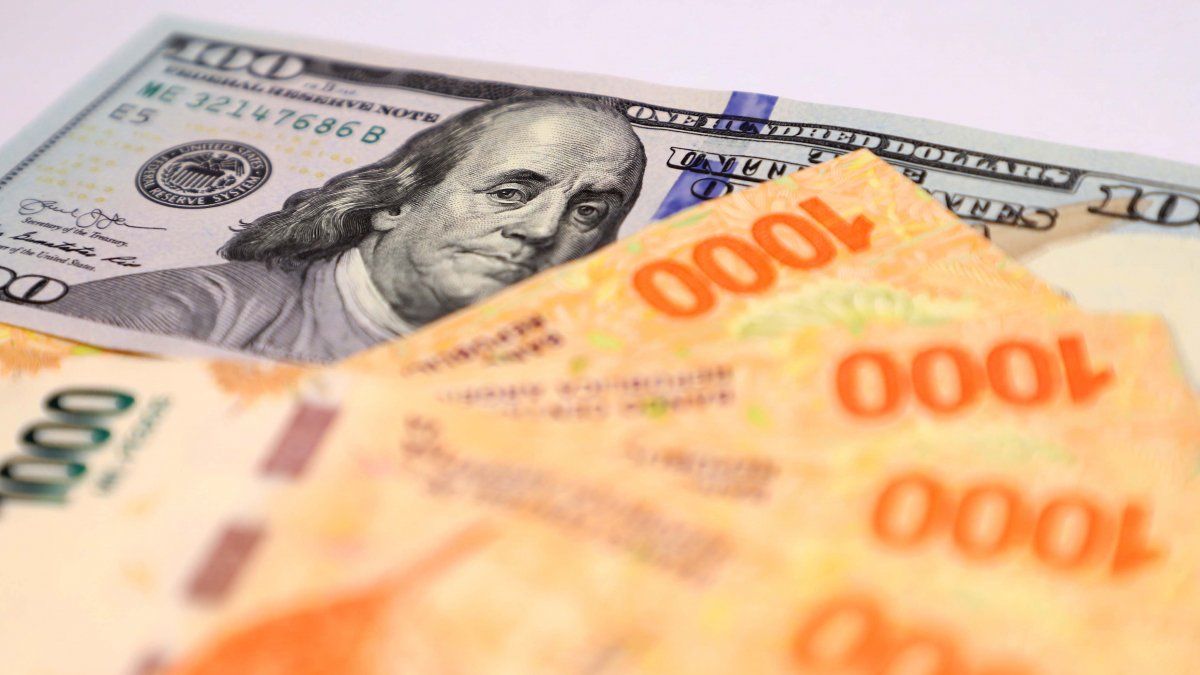Despite the fact that it is expected that in the second half of the year the items will be reduced due to changes in seasonality, the truth is that the Government will have to reach the goal of 2.5% of the primary fiscal deficit agreed with the IMF and the first place to look are the rates.
Subsidies to the energy sector became an important part of public spending, and especially of the fiscal deficit of the Central Administration. In the first case, its relevance rose from 5.2% in 2019 to 10.6% in 2021; and in the second it jumped from 26.6% to 67.4%, between those years. Advancing or in this case, not advancing will be the political and economic task of the new minister who occupies the chair.
2. Inflation
Even at high levels, inflation had accumulated two consecutive months of slowdown. After peaking 6.7% in March, the IPC rose 6% in April and 5.1% in May. However, this trend would have stopped in June. Is that, according to the first estimates of private consultants, retail prices climbed between 5.2% and 5.5% during the sixth month of the year. The new minister will have to deal with a very high inflation expectation.
According to the last Survey of Market Expectations (REM) carried out by the Central Bank, the analysts consulted project inflation for 2022 above 70%. The new inflation data already seems to have broken the expectations of the outgoing minister without being able to reflect the slowdown in prices. Breaking the inertia will be a daunting task.
3. Reservations
Since Monday, the day the Central announced more restrictions on the import regime, and until Thursday, the entity bought dollars in a sustained manner. This allowed it to meet its reserve accumulation target for the first half of the year.
According to official data, on Thursday the reserves closed today at US$42,784 million in gross terms, some US$4,780 million above last week’s closing, thanks to having accumulated more than US$1,500 million in purchases in the foreign exchange market and the transfer of some US$4,000 million in SDRs sent by the IMF after the approval of the first review of the Extended Facilities agreement. However, the trend was reversed on Friday with the sale of US $ 190 million, something that turns on the alarms again.
According to Miguel Kiguel, in his latest weekly report after the Central Bank’s measure, he states that “lThe scarcity generated by the import tourniquet is inflationary and it goes without saying that if the economy stops, the collection will have to suffer in such a way that the fiscal problem, the mother of all problems, will suffer a new blow”.
The coordination between Economy and the Central Bank to take care of foreign exchange and increase exports at a time when the bulk of foreign exchange from the harvest will not be available, once again generates negative expectations about what remains in the rest of the year.
4. Foreign exchange market
The foreign exchange market is in the midst of turbulence. The gap will be the key variable to monitor and economists expect it to remain around 90% and 100%. Political and economic tensions and changes never bode well. The alternative dollar gap does not have a direct impact on inflation, but it does have an impact on expectations, in addition to discouraging exports.
When the markets reopen on Monday they will find that Martín Guzmán is no longer the Minister of Economy. The minister who renegotiated the foreign debt and spoke of “normalizing” the economy left his post this Saturday after facing criticism from the ruling party itself, specifically from the Kirchnerist wing of the Frente de Todos. With this new scenario is that the dollars will return to operate, which come from days of strong exchange rate tension. For now everything is a mystery.
“There are not many options for what you can do: with few reserves, a serious fiscal problem, lack of financing, high inflation, a high gap, the measures you take are going to be traumatic. If you want to go on the expansion side and stimulate activity, you collide with inflation, but if you correct balances, you also collide with devaluation and inflation,” said Miguel Kiguel.
For Diana Mondino “there are very difficult months,” she recommended buying dollars and “fastening your belts.” Most economists agree that the economy will face more currency jumps that put pressure on inflation.
According to the analyst, “the next semester is very complex and if the agreement is not fulfilled or defaulted, the political and economic situation will be worse because measures must be taken now,” he said. “There are no margins in the peso market and of dollars to make radical changes.
5. Financing
In mid-June there was a collapse in the price of bonds in pesos adjusted for inflation, key to financing the Treasury and for the Economy to meet the Fund’s goal of not having more than 1% of GDP in financing with issuance. of the Central Bank. Although Finance was able to successfully negotiate the latest tenders given the context, the unknowns are ahead.
The agency’s intervention to support the price of the bonds generated doubts among financial agents about the economic strategy. As always in the Argentine economy, everything is based on the game of expectations.
So far in June (with data up to 27) the Central Bank issued more than 460,000 million pesos to buy bonds, although the true number for the end of the month is at least 600,000 million. To this are added transitory advances (aid to the Treasury at a zero rate) for an additional 377,000 million, that is, they will be close to 1 trillion pesos. Rebuilding finances and market confidence will be a daunting task for the new head of the economic portfolio.
Source: Ambito
David William is a talented author who has made a name for himself in the world of writing. He is a professional author who writes on a wide range of topics, from general interest to opinion news. David is currently working as a writer at 24 hours worlds where he brings his unique perspective and in-depth research to his articles, making them both informative and engaging.




